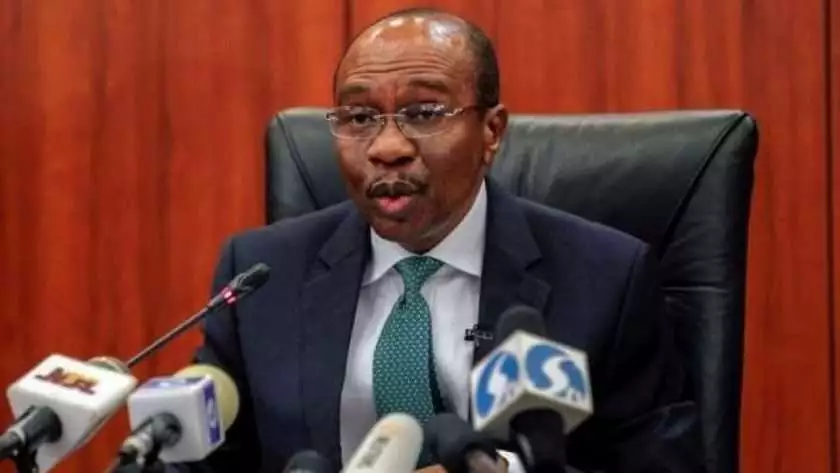Fitch Ratings, a renowned global rating agency has frowned at CBN Cash Reserve policy which it said has affected the survival of Nigerian banks and limited their capacity to make profit.
The Cash Reserve Ratio, CRR is one of CBN’s instruments used to control inflation and currency in circulation.
The apex bank also used the instrument to restrict DMBs’ forex transactions.
But the agency said it was wrong for the CBN to warehouse huge funds belonging to commercial bank in the country when other countries are injecting funds to private banks to help them navigate the impacts of the COVID 19.
Dissanayake said CRR and other similar CBN policies have reduced cash inflows into critical sectors of the economy by 50 per cent.
“The Central Bank of Nigeria has been highly interventionist. Where peers like South Africa and Kenya followed the global trend of giving banks more room to lend, Nigeria hasn’t budged. Instead, it stuck with a cash reserve ratio that compels lenders to park 27.5% of their deposits with the central bank,’ said Fitch Senior Director for Europe, Middle East and Africa, Mahin Dissanayake.
Many banks in the country have complained that the CRR, meant by CBN to control excess cash in circulation has affected their capacity to grant loans to both private and public sectors.
At least, over N2 trn has been withdrawn directly by the apex bank from commercial banks account in compliance with the CRR, according to figures from the Regulator.
Dissanayake stated that the CRR is too punitive and has put more pressure on commercial banks in the way it has so far been implemented.
Sterling Bank Plc, one of Nigeria’s tier two banks said on Monday that over N300 billion customers deposit with the CBN has drastically affected it from granting loans to customers.
He said the environment in which the banks are operating is harsh enough for the CBN to impose other strangulating measures that could weaken them further.
He explained that the impacts of the COVID 19 is already telling on DMBs earnings and have affected their operations in the oil and gas sector where most of them already have too much exposure.
According to him “Nigerian banks compared to other markets operate in a volatile environment. The banks have to deal with economic shocks, short credit cycles and persistent problems in the oil sector. They also have to deal with policy actions, policy uncertainty and regulatory risks.”
The Fitch top executive was however hopeful that the current situation will pass as Nigerian banks have shown capacity to overcome hostile economic situations.
The CBN raised the CRR to 27.5 per cent from 22.5 per cent in January during its 2020 first Monetary Policy Committee, MPC meeting. Banks have been struggling to meet up with the policy.
Discover more from The Source
Subscribe to get the latest posts sent to your email.








